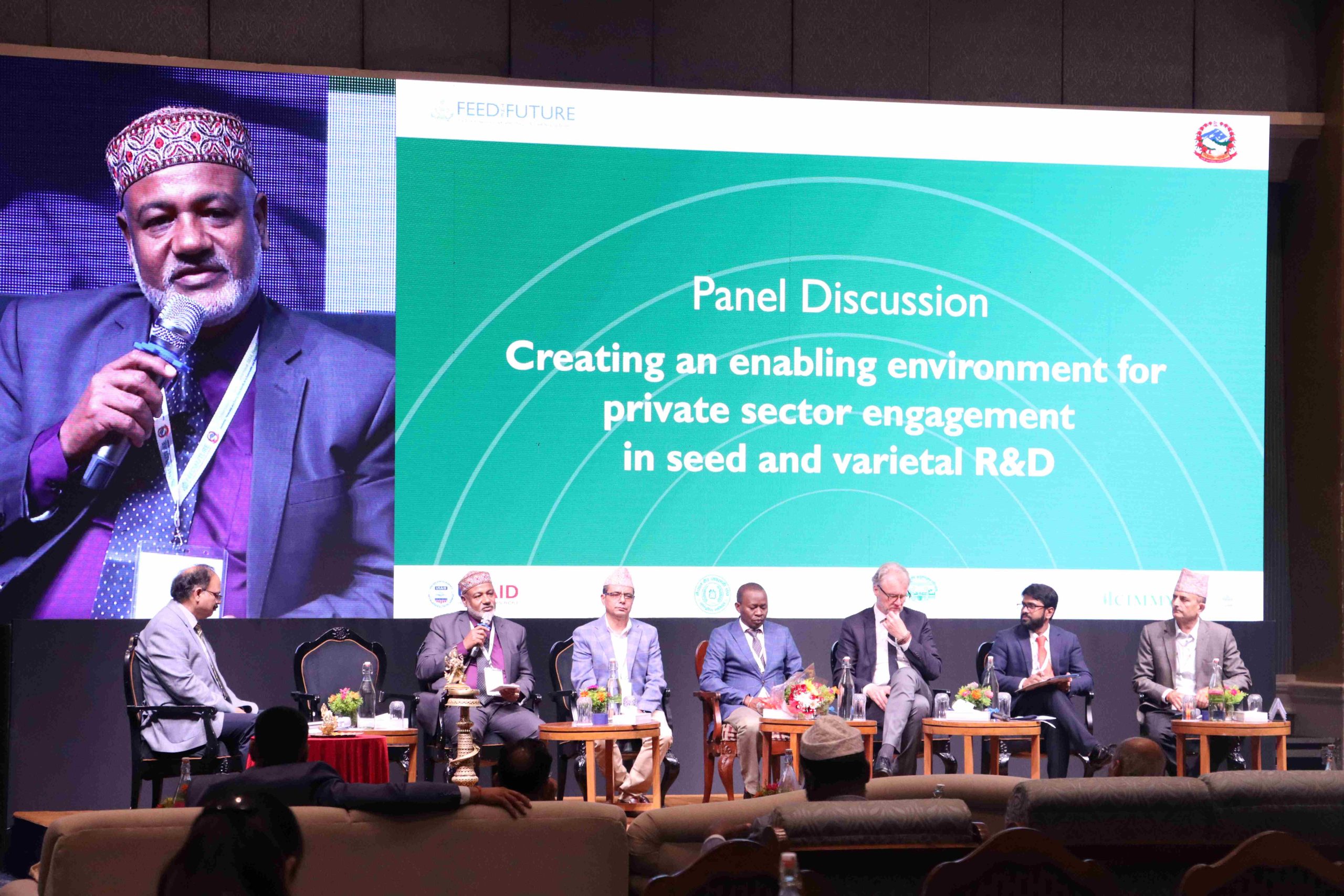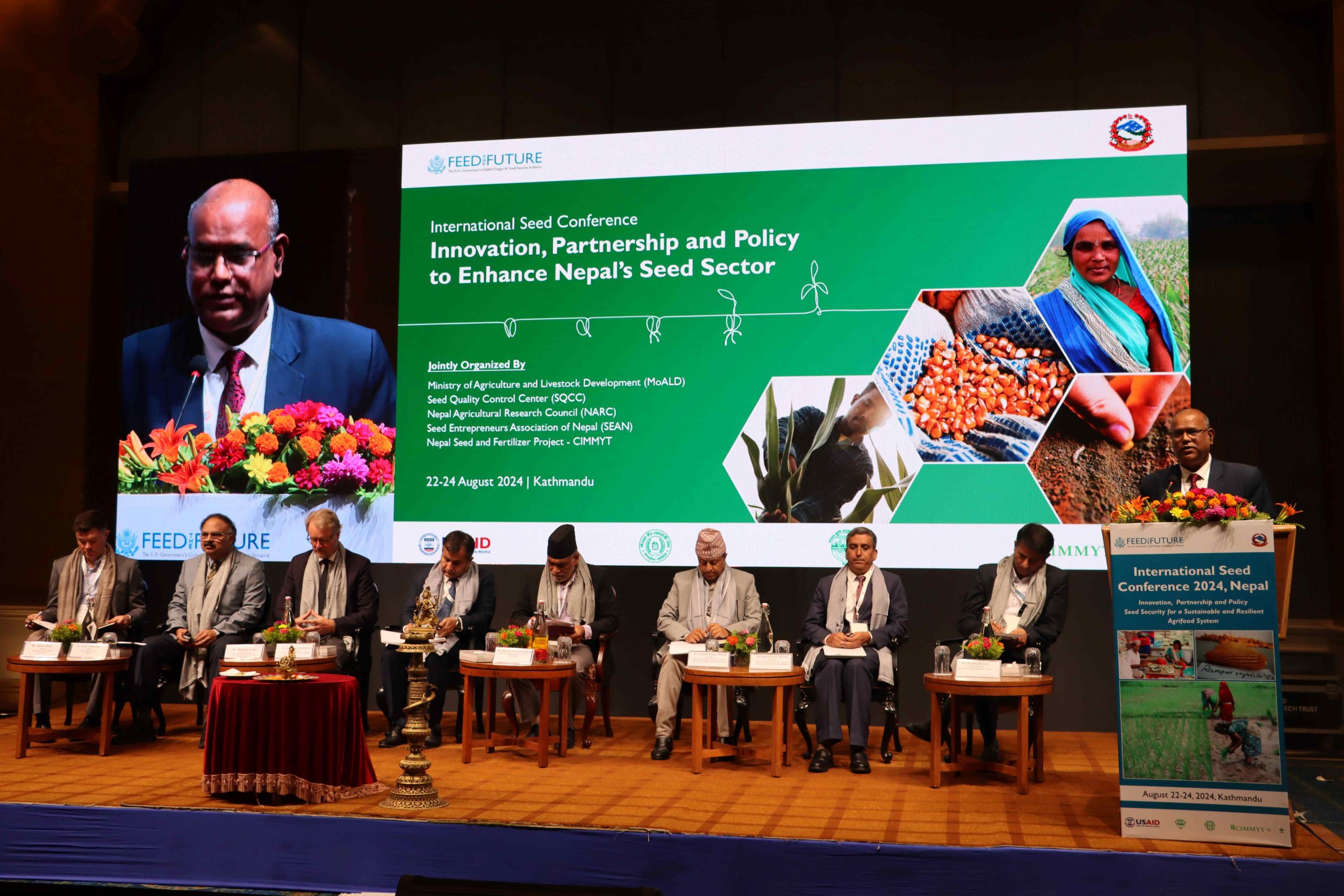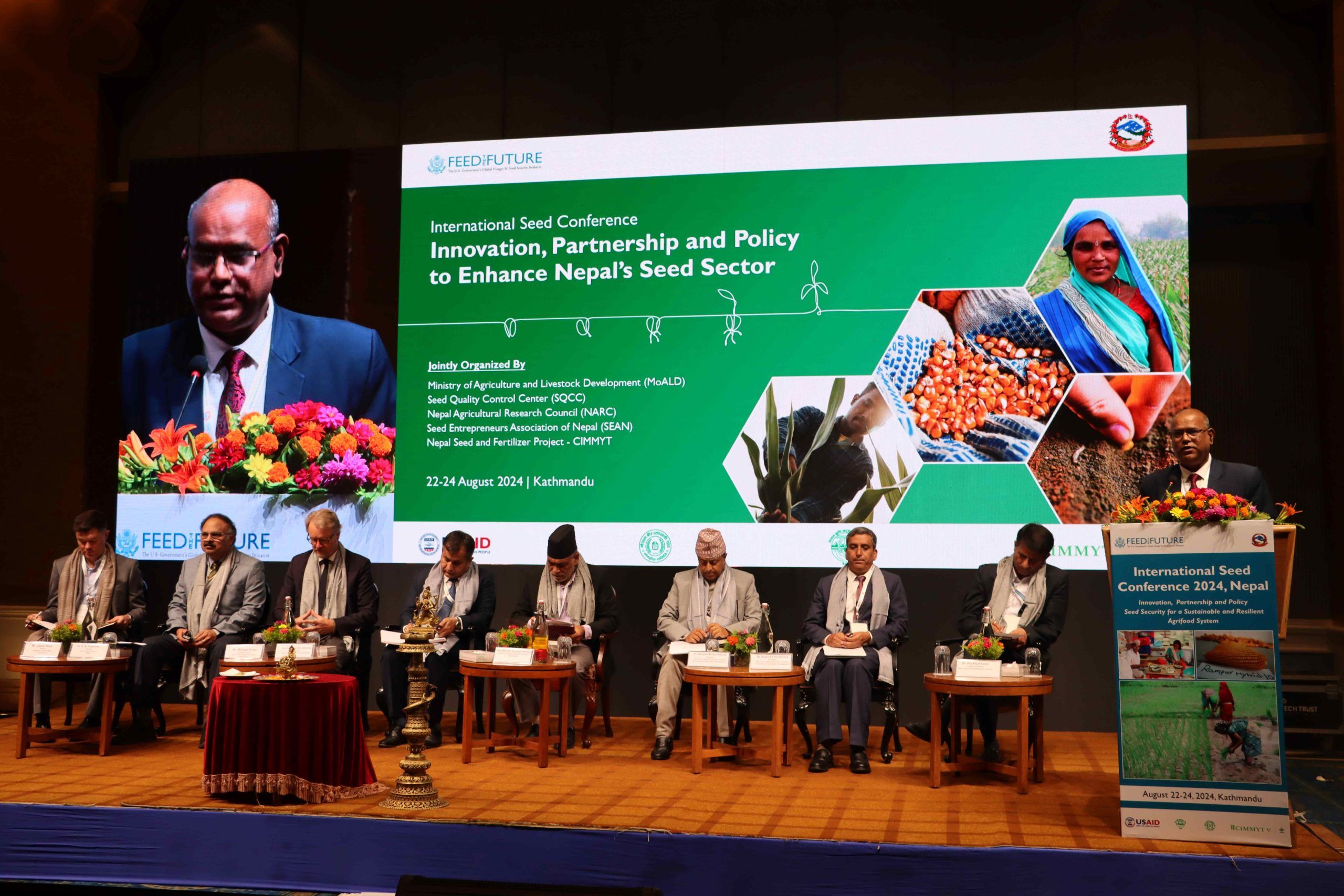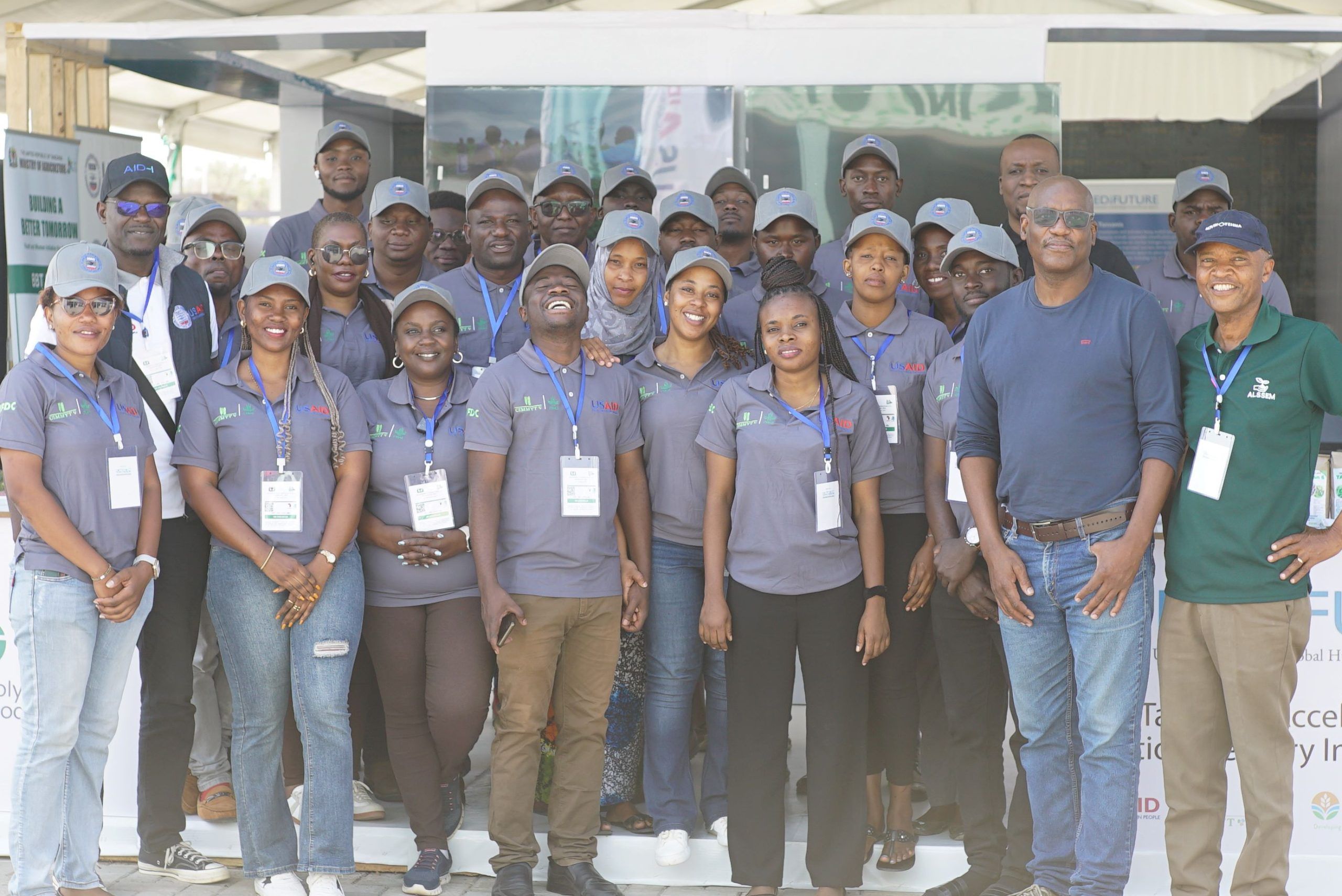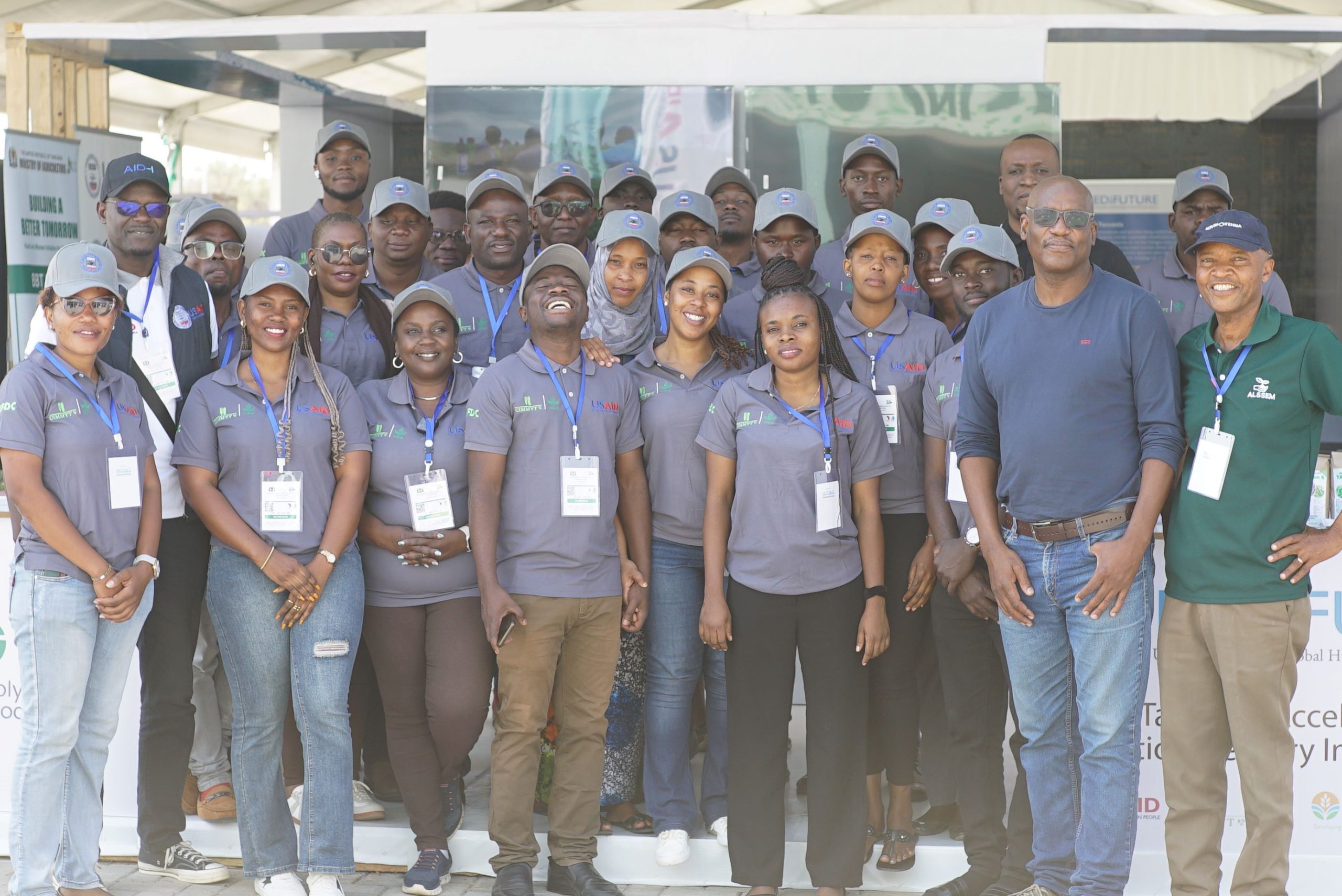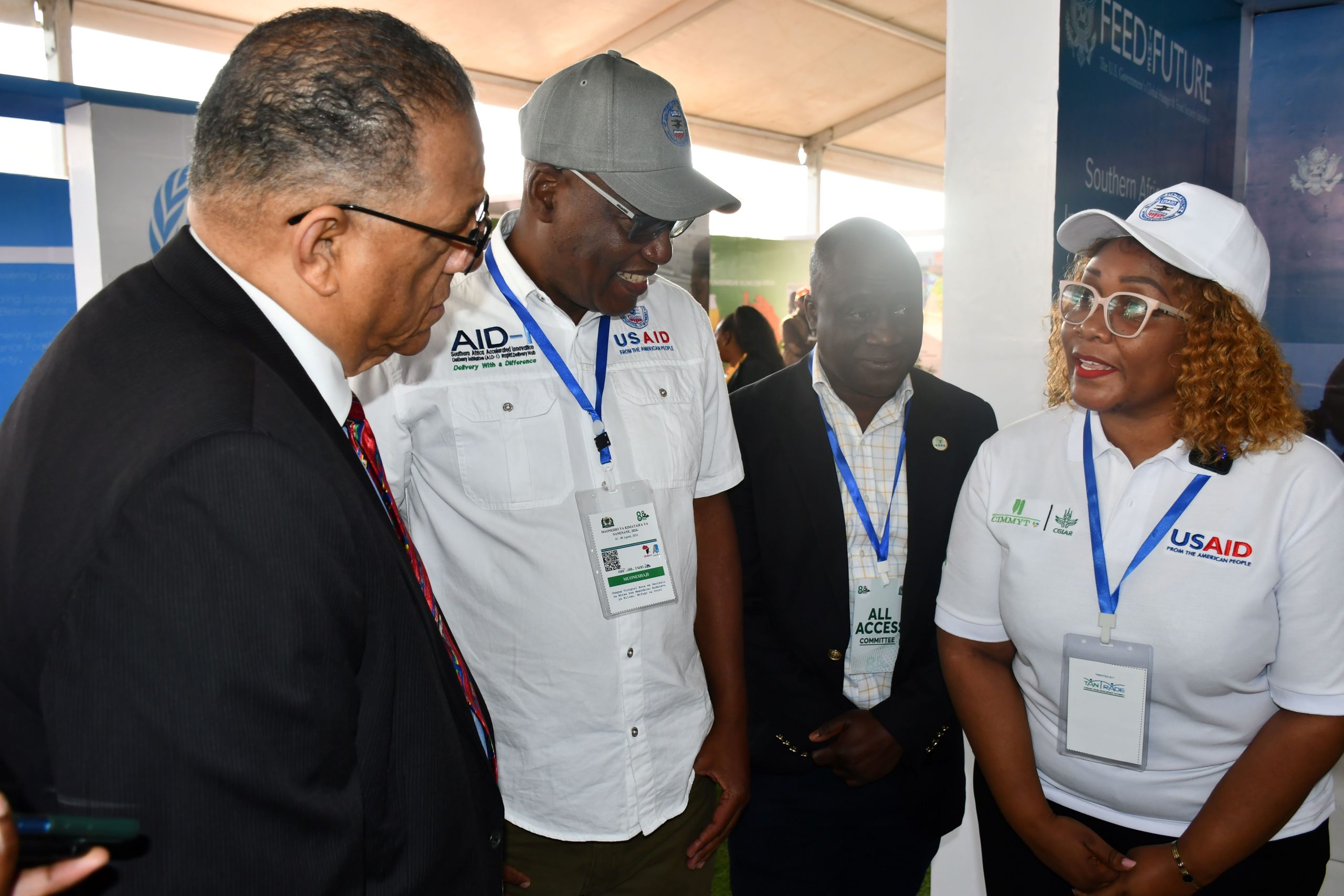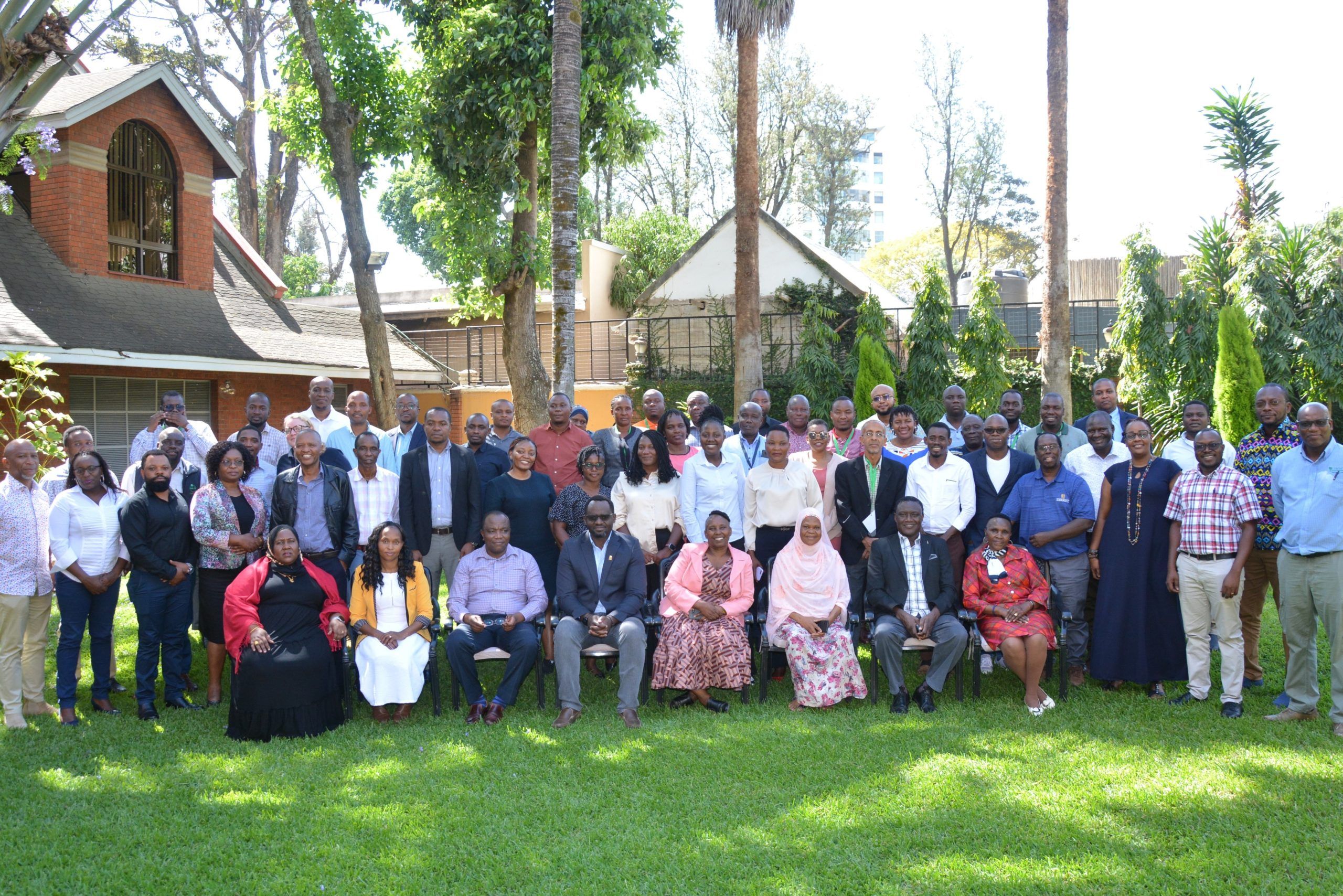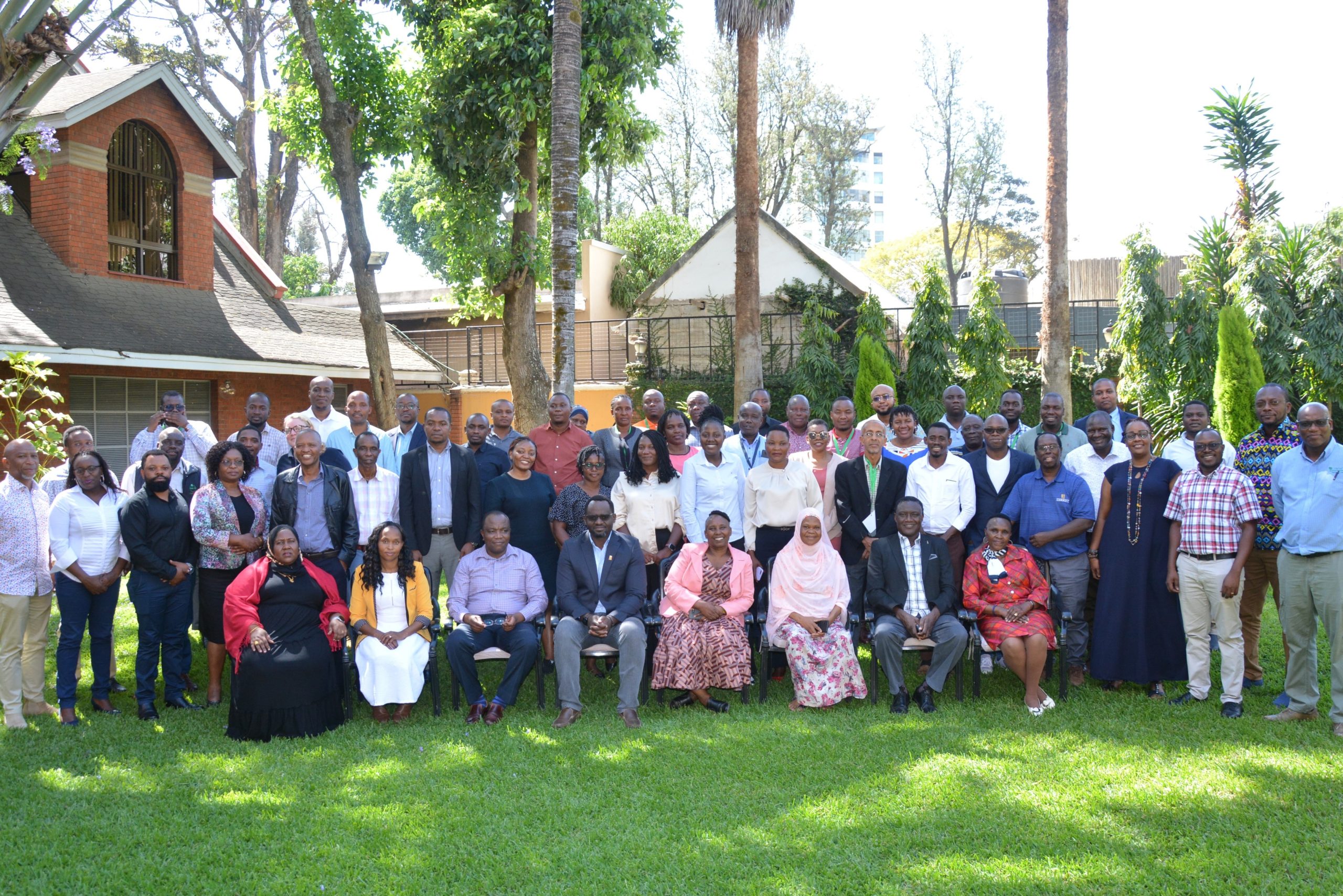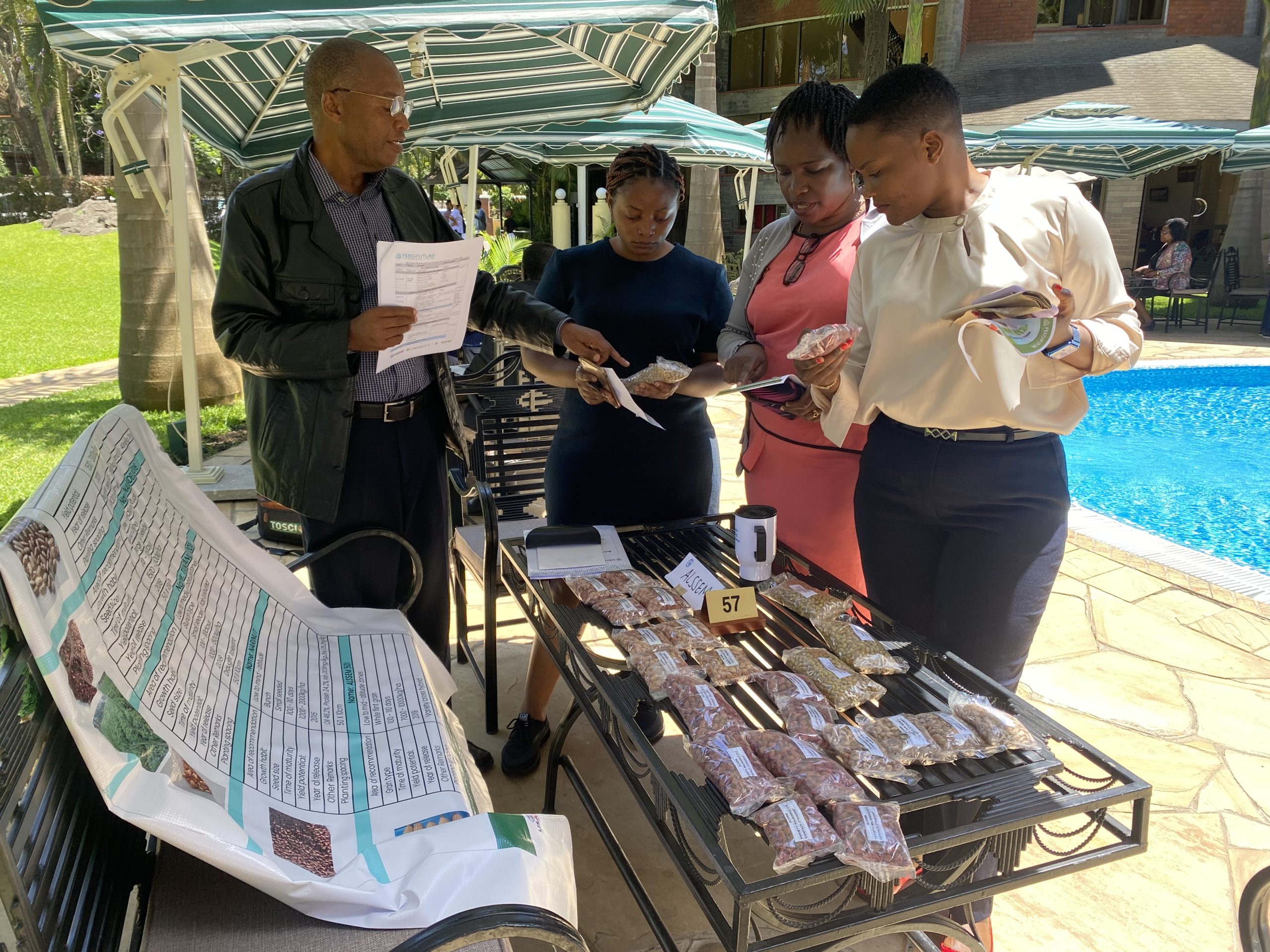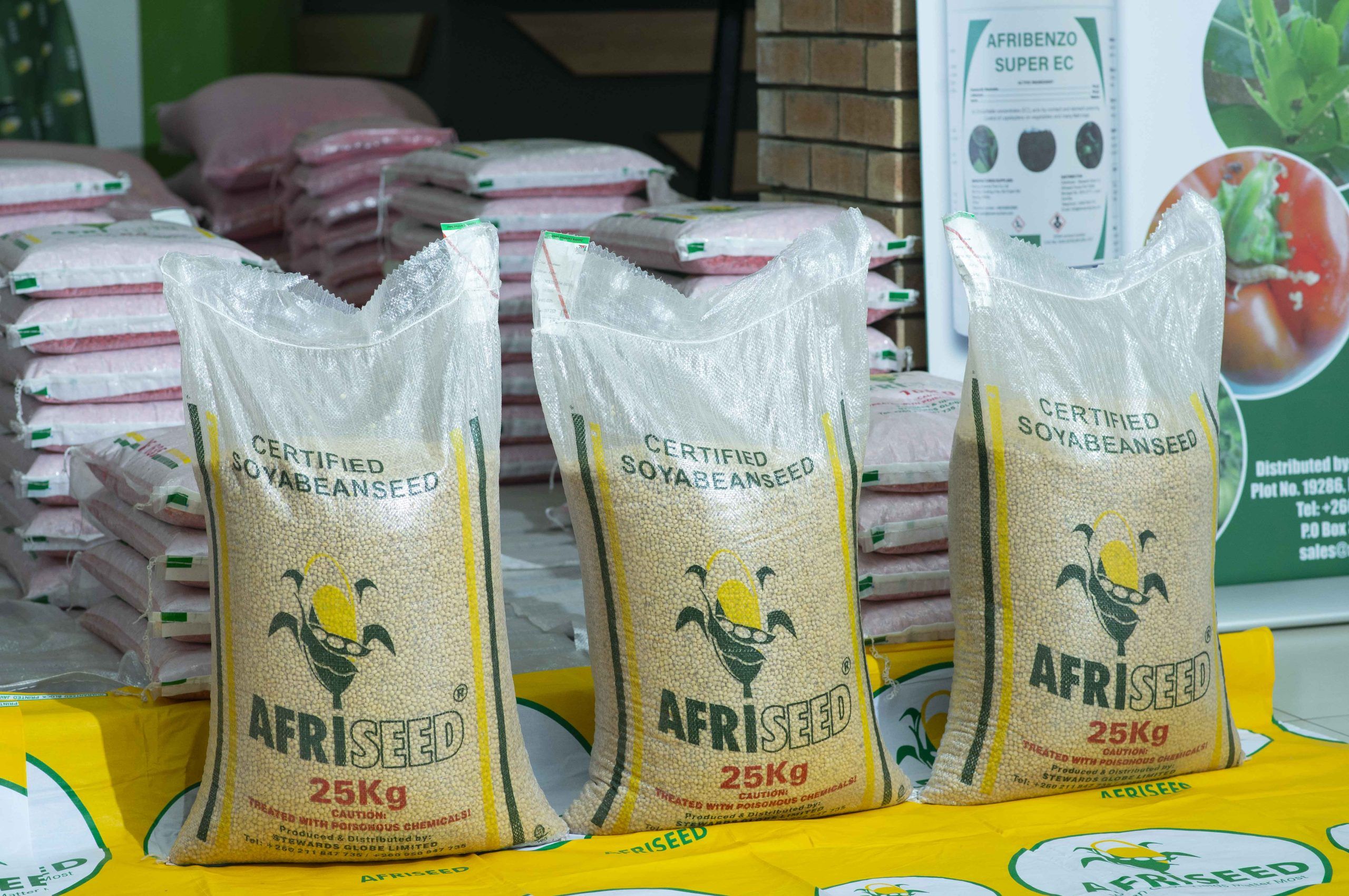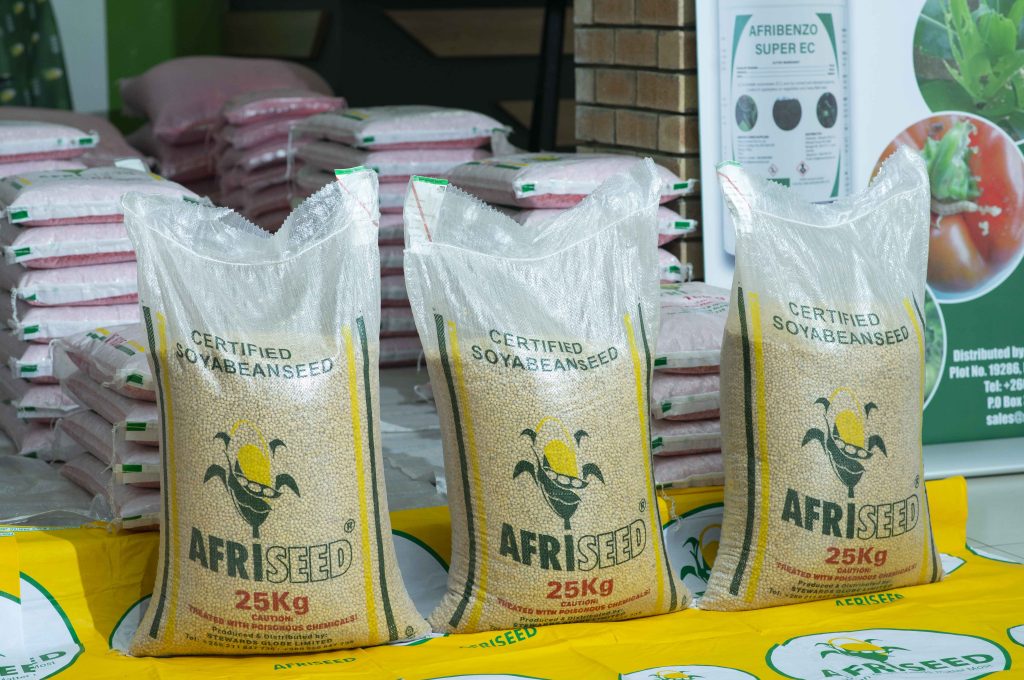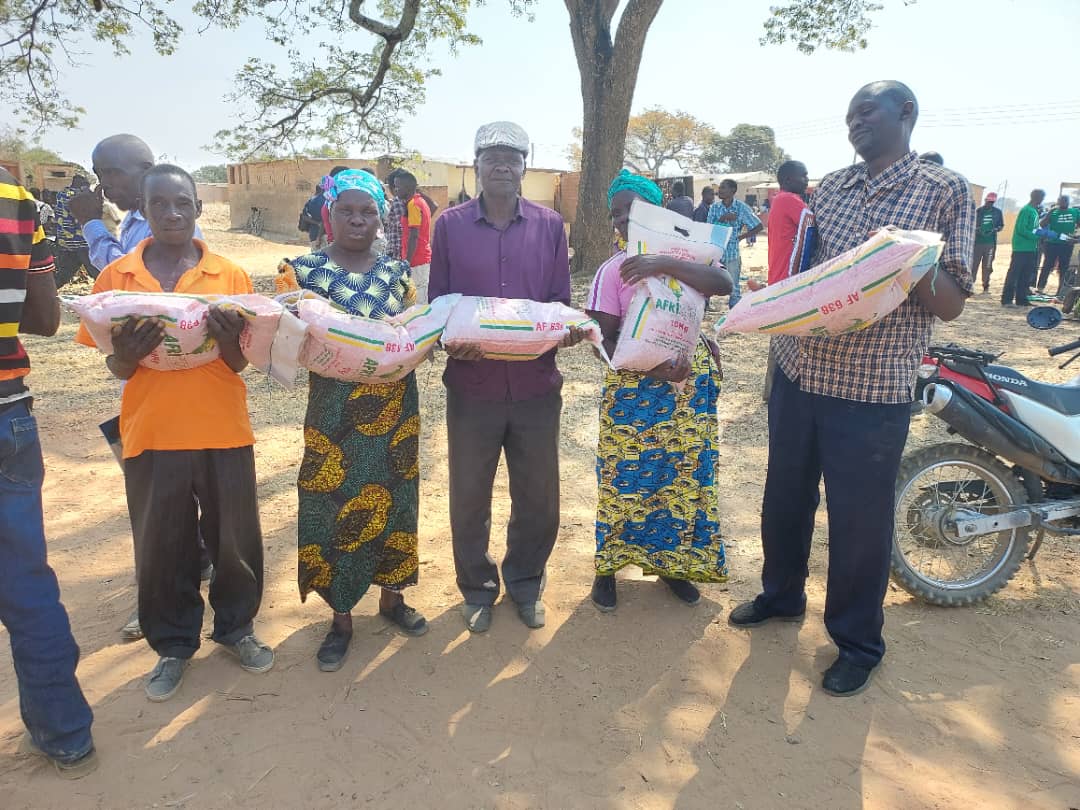Positioning Nepal as a future seed production hub in South Asia
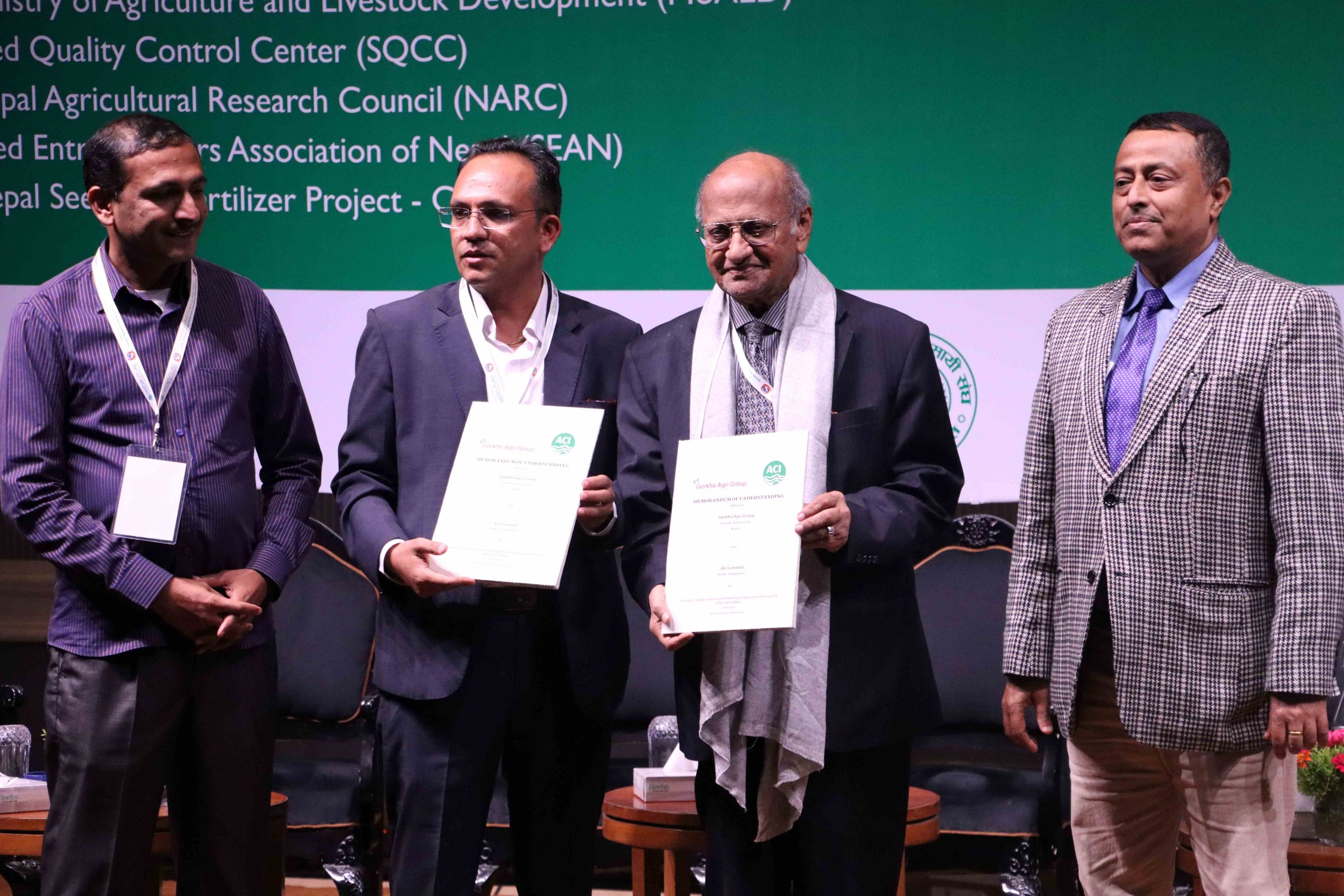
In August 2024, four Nepalese seed companies and six international seed companies from India, Bangladesh, Japan and Thailand signed a memorandum of understanding (MoU) for custom seed production of cereals and vegetables in Nepal, opening up game-changing economic opportunities in South Asia. This agreement will allow international seed companies to produce seed in a suitable agroecology in Nepal and export to international markets. To support this, the Government of Nepal has agreed to exempt variety registration for export-oriented custom seed production and expedite the process with added incentives to attract more international seed companies. This move aims to position Nepal as a future regional seed production hub.
The signing of the MoU was the pinnacle of an international seed conference organized by CIMMYT in collaboration with Seed Quality Control Center (SQCC), the Nepal Agricultural Research Council (NARC), and Seed Entrepreneurs Association of Nepal (SEAN) in Kathmandu from August 22-24, 2024, focusing on innovation, partnership, and policy.
The conference attracted over 150 participants from 11 countries, including Bangladesh, Ethiopia, India, Japan, Kenya, Nepal, Pakistan, Singapore, Switzerland, Thailand, and the USA, representing research centers, civil society organizations, private seed companies, and national agricultural research systems (NARS). The event was organized under the USAID’s Nepal Seed and Fertilizer (NSAF) project which aims to foster Nepal’s seed market systems through the enhancement of stakeholders’ capacity in seed research, quality seed production, as well as the creation of an enabling environment that links seed companies with input and output markets.
Enhancing seed market systems in South Asia
The MoU is expected to enhance the seed market system in the region, create new economic opportunities for Nepal, boost agricultural exports, and generate income for farmers. It will also facilitate the transfer of advanced seed technology and foster stronger partnerships between seed companies in the region and beyond. Mr. M Anis Ud Dowla, Board Chairman of Advanced Chemical Industries (ACI) Limited, one of the largest business conglomerates in Bangladesh, expressed optimism about the partnership, citing Nepal’s favorable conditions for producing seeds of cool-season crops and the potential benefits for farmers in Nepal and Bangladesh.
In addition, ACI signed MoUs with Gorkha Seed Company and SEAN Seed Service Center, for the production of cereals and vegetable seeds, demonstrating growing confidence in Nepal’s seed sector where CIMMYT and its partners played a key role to enhance the capacity of the seed stakeholders for the past several years. “About 10 or 12 years ago, I had the opportunity to interact with the seed stakeholders in Nepal and at that time the seed sector was not viable, and the role of the private sector was insignificant. Now, I am impressed to see such seed sector transformation initiatives in Nepal,” says Manesh Patel, President of Asia and Pacific Seed Association (APSA) while acknowledging the effort made by CIMMYT and other seed stakeholders. He added that “it is time for Nepalese private seed companies to become a member of APSA to leverage regional opportunities.”
Untapped potential
Nepal’s diverse agroecology, encompassing tropical, subtropical, and temperate environments, provides an ideal condition for seed production of cereals, fruits, and vegetables. However, this potential remains largely untapped due to limitations within the country’s formal seed sector. The informal system dominates, leaving farmers with insufficient access to quality seeds. In 2023, the formal sector only met 25% of the total 180,000 metric ton requirement for cereal seeds. Consequently, Nepal heavily relies on imported seeds, particularly hybrid varieties of rice and maize, costing nearly half a billion dollars annually when accounting for both cereal seeds and grain imports.
Several factors hinder the development of Nepal’s seed sector: limited availability of high-yielding varieties that are tolerant to major biotic and abiotic stresses; a lack of farmer awareness regarding quality certified seeds and modern technologies; inadequate infrastructure for improved storage and road access; vulnerability to climate change impacts; insufficient incentives for private sector investment; and limited human and institutional capacity across the seed value chain.
To tackle these challenges and seize opportunities, the Government of Nepal has outlined key interventions through the National Seed Policy, National Seed Vision, and Agricultural Development Strategy (ADS). These policies aim to create seed roadmaps and foster an enabling environment to attract private sector participation. Recently, the government of Nepal approved the issuance of research and development licenses to private seed companies, allowing them to develop and deploy new seed varieties. Collaborative efforts by the Nepal Agricultural Research Council (NARC), Seed Quality Control Center (SQCC), and CIMMYT under the USAID-supported Nepal Seed and Fertilizer (NSAF) project are also leading to local seed companies producing hybrid seeds for rice, maize, and vegetables across various districts. However, this is at budding stage, and it needs to be scaled up further.
The nexus of seed security and resilient agrifood systems
The interplay between seed security and resilient agrifood systems is crucial for enhancing food security, particularly amidst climate change and global challenges. This relationship underscores the importance of robust seed systems that can adapt to various stresses while ensuring sustainable food production. “Seed systems are complex networks involving farmers, seed companies, service providers, and authorities, all working together to ensure high-yielding and resilient seeds reach farmers’ fields as quickly as possible,” said Bram Govaerts, Director General of CIMMYT, while addressing conference participants. He further emphasized that demand-oriented and effective seed systems help to harness the benefits of crop improvement.
The conference brought together prominent figures from South Asia and beyond, who shared their insights. “A well-functioning seed system guarantees seed security for all farmers,” noted BM Prasanna, Director of the Global Maize Program at CIMMYT, during his keynote address. He highlighted the critical nexus between seed security and resilient agrifood systems, emphasizing the need for technical, organizational, and institutional innovations. Prasanna also called for continuous public-private-producer collaboration to develop and strengthen seed systems in the global south.
Linking global and regional seed industry practices to fit into local conditions
The Hon. Minister of Agriculture and Livestock Development of Nepal, Ram Nath Adhikari, inaugurated the conference, welcoming delegates and emphasizing the event’s significance to Nepal’s agricultural sector. Benu Prasad Prasai, Chief of SQCC, shared emerging trends in Nepal’s seed industry, highlighting efforts to engage the private sector and reduce seed import dependency. “We need to harmonize and link seed policies across South Asia and beyond to fully capture the benefits of plant breeding gains,” said Prasai, while emphasizing Nepal’s potential for seed business and investment. Dyutiman Choudhary, NSAF project lead, echoed these sentiments, emphasizing the importance of international and regional partnerships in developing a vibrant seed market. He highlighted the need for enabling seed policies and regulations that facilitate market system development.
The discussions resulted in high-level recommendations to further augment Nepal’s seed sector: strengthening public-private partnerships in research and development to transform Nepal’s seed industry into a viable, resilient, and sustainable seed system; collaboration with foreign counterparts for joint research and technology exchange is vital to strengthening Nepal’s seed R&D and promoting custom seed production; legal frameworks must be developed and executed to create an enabling environment that strengthens public and private sector seed R&D efforts.
